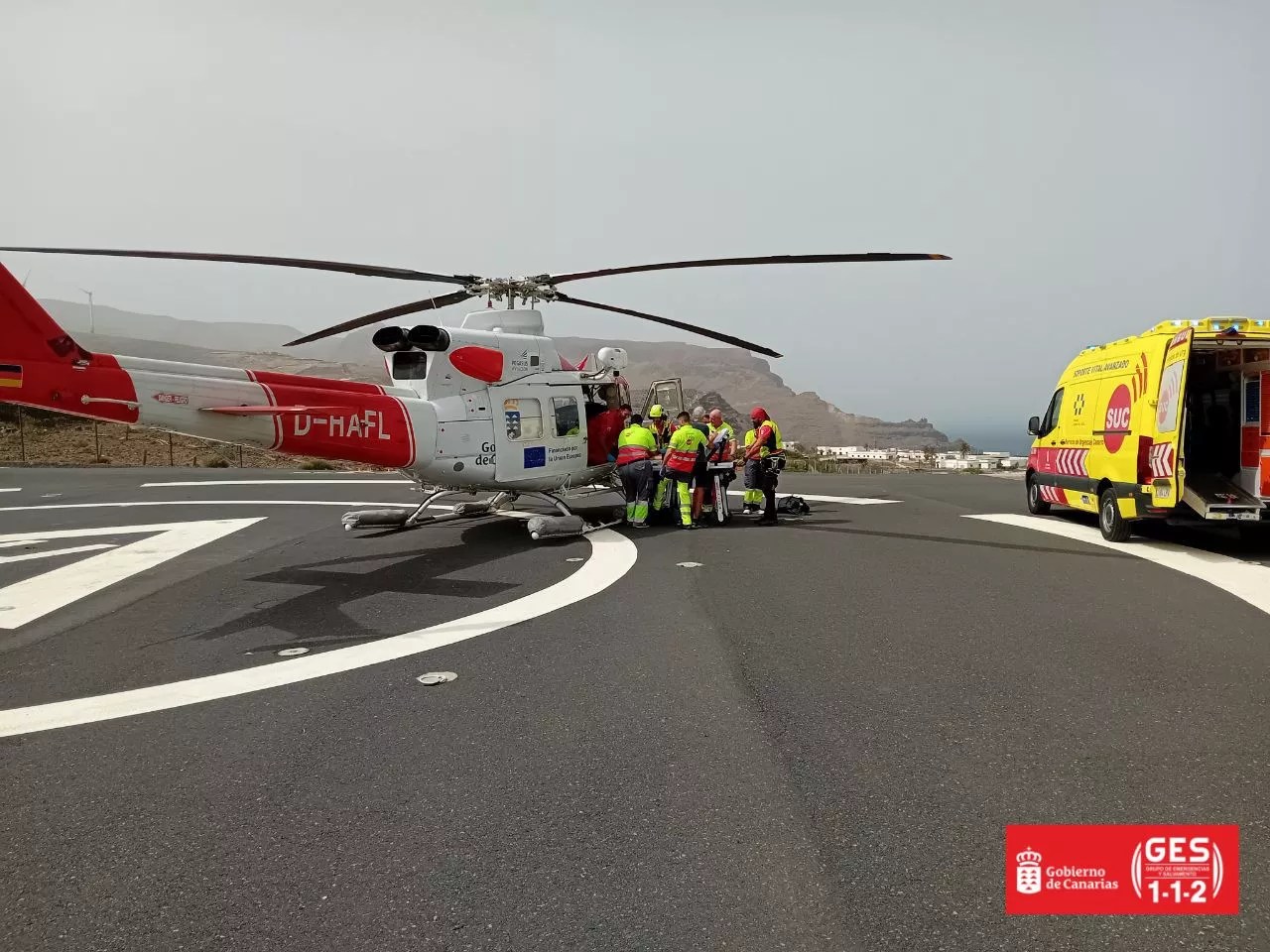
For the first time, the mayors of the 18 leading tourist municipalities in Spain, 13 of them from the Canary Islands, meet today in Adeje to analyze the role of city councils, unify their demands and design a common roadmap for public administrations in the area. autonomous, state and European. At the meeting, José Miguel Rodríguez Fraga, mayor of Adeje, will be elected president of the Alliance of Tourist Municipalities of Spain, who will replace Antonio Pérez, councilor of Benidorm.
This morning’s appointment at the Costa Adeje Tourism Development Center, which will be attended by the Minister of Tourism, Reyes Maroto, by videoconference, will be the first joint meeting of the national association – formed by Adeje, Arona, San Bartolomé de Tirajana, Benidorm, Calvià, Lloret de Mar, Salou and Torremolinos- and the Association of Tourist Municipalities of the Canary Islands, made up of the towns of Adeje, Arona, Guía de Isora, Puerto de la Cruz, Santiago del Teide, San Bartolomé de Tirajana, Mogán, Antigua, La Oliva, Pájara, Teguise, Tías and Yaiza. They are the 18 municipalities that account for most of the hotel beds and number of overnight stays in the country.
The mayors and technical secretaries of both associations will debate the definition of a tourist municipality (key to obtaining funding from public administrations), the management of European New Generation funds, the reinforcement of security to prevent COVID infections – at a time when the one that worries the rebound of infections in Spain and Europe- and the next promotional campaigns.
At the closing of the meeting the President of the Government of the Canary Islands, Ángel Víctor Torres; the Minister of Tourism, Yaiza Castilla; the president of the Cabildo de Tenerife, Pedro Martín, as well as union and business representatives of the sector.
The declaration of Adeje, a document approved by the Canarian tourist municipalities in 2018, will serve as the basis for establishing the strategy of the municipalities. It advocates “adapting to a new tourism model based on quality, diversity and sustainability, committing to a profound reform of employment and training plans, investing in a powerful tourism infrastructure plan and agreeing on fair financing and taxation” .
















